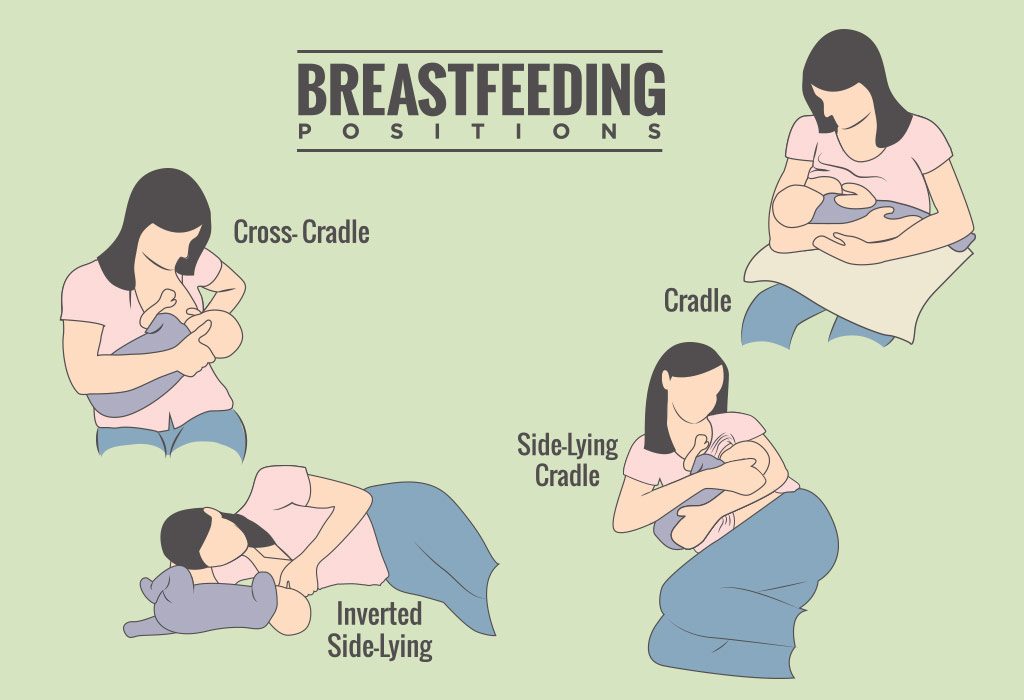As a parent, safeguarding your baby’s health is a top priority. From routine checkups to handling those inevitable first colds, understanding and staying informed about your baby’s health matters is crucial. This comprehensive guide aims to provide insights into various aspects of your baby’s well-being, covering everything from routine checkups to common health concerns.
Routine Checkups: Building a Foundation for Well-being
Regular checkups are a cornerstone of your baby’s healthcare routine. These appointments, typically scheduled by your pediatrician, serve as opportunities to monitor your baby’s growth, development, and overall health. Key components of routine checkups include:
- Physical Measurements: The healthcare provider will track your baby’s weight, length, and head circumference, comparing them to growth charts to ensure they are progressing as expected.
- Vaccinations: Immunizations are a crucial aspect of preventive healthcare. Your baby’s vaccination schedule will be discussed and administered during these checkups, protecting them from various illnesses.
- Developmental Milestones: The healthcare provider will assess your baby’s developmental milestones, such as motor skills, language development, and social interactions, ensuring they are on track.
- Nutritional Guidance: Nutrition is fundamental to your baby’s health. The pediatrician will offer guidance on breastfeeding or formula feeding, transitioning to solid foods, and addressing any nutritional concerns.
- Parental Guidance: Checkups provide an opportunity for parents to ask questions, seek advice, and address any concerns they may have about their baby’s health and development.
Common Health Concerns: Navigating the Challenges
While routine checkups are essential, it’s also crucial to be aware of common health concerns that may arise during your baby’s early months and years. Understanding these challenges equips you to respond promptly and seek appropriate medical attention when needed. Some common health concerns include:
- Colds and Respiratory Infections: Babies are susceptible to respiratory infections, especially in their first year. Monitor for symptoms such as coughing, congestion, and difficulty breathing. Keep the baby’s environment clean and seek medical advice if symptoms persist.
- Feeding Challenges: Breastfeeding or formula feeding may present challenges, including latching issues, nipple pain, or concerns about milk supply. Consult with a lactation consultant or pediatrician to address these concerns promptly.
- Skin Conditions: Rashes, eczema, and diaper rash are common skin conditions in babies. Keep the baby’s skin clean, use gentle products, and consult with a healthcare professional for appropriate remedies.
- Teething Discomfort: Teething can cause discomfort and irritability. Provide teething toys, use teething gels or creams as recommended by the pediatrician, and offer comfort through cuddling and soothing activities.
- Sleep Challenges: Establishing healthy sleep patterns can be challenging. Create a consistent bedtime routine, ensure a comfortable sleep environment, and consult with your healthcare provider if sleep challenges persist.
- Fever: Fever is a common symptom of various illnesses. Monitor your baby’s temperature and seek medical advice if the fever persists or is accompanied by other concerning symptoms.
Emergency Situations: Knowing When to Seek Immediate Help
While many health concerns can be addressed through routine checkups and timely medical attention, there are situations that require immediate action. Recognizing signs of emergencies empowers you to seek help promptly. Some signs that may indicate an emergency include:
- Difficulty Breathing: If your baby is struggling to breathe, showing signs of wheezing, or turning blue, seek emergency medical attention.
- Uncontrollable Bleeding: In cases of severe bleeding that cannot be controlled with gentle pressure, seek immediate medical help.
- Loss of Consciousness: If your baby loses consciousness, call emergency services immediately.
- Seizures: Seizures can be a sign of a serious medical condition. Seek emergency medical attention if your baby experiences a seizure.
- Severe Dehydration: Signs of severe dehydration include sunken eyes, dry mouth, and reduced urine output. Seek immediate medical help if you suspect dehydration.
- High Fever: A high fever in a baby requires prompt attention, especially if it persists or is accompanied by other concerning symptoms.
Maintaining a Healthy Environment: Tips for Wellness
In addition to addressing specific health concerns, creating a healthy and safe environment for your baby is paramount. Consider the following tips for promoting overall wellness:
- Hand Hygiene: Practice regular handwashing to prevent the spread of germs. Encourage family members and visitors to wash their hands before handling the baby.
- Vaccination Schedule: Stay informed about your baby’s vaccination schedule and ensure they receive all recommended vaccines on time.
- Clean Living Spaces: Keep the baby’s living spaces clean and free from potential hazards. Regularly clean and disinfect commonly touched surfaces.
- Safe Sleep Practices: Follow safe sleep guidelines, placing your baby on their back to sleep in a crib with no loose bedding or toys.
- Healthy Nutrition: Provide a balanced and nutritious diet as your baby transitions to solid foods. Consult with the pediatrician about introducing new foods and addressing any concerns about allergies.
- Regular Exercise: Encourage age-appropriate physical activity as your baby grows. This may include supervised tummy time, crawling, and eventually walking.
- Emotional Well-being: Foster emotional well-being through positive interactions, responsive caregiving, and a loving environment. Respond promptly to your baby’s cues for comfort and reassurance.
Parental Self-Care: A Vital Component of Family Health
Amidst the focus on your baby’s health, it’s essential not to overlook your own well-being. Parental self-care contributes to a healthy and resilient family unit. Consider the following self-care tips:
- Adequate Rest: Ensure you prioritize getting enough rest, especially during the challenging early months of parenthood.
- Balanced Nutrition: Maintain a balanced diet to sustain your energy levels and support overall health.
- Emotional Support: Seek emotional support from friends, family, or support groups. Share your concerns and joys with others who can provide understanding and encouragement.
- Regular Checkups: Don’t neglect your own healthcare needs. Schedule regular checkups and address any health concerns promptly.
- Me Time: Allocate time for self-care activities that bring you joy and relaxation. Whether it’s reading a book, taking a walk, or enjoying a hobby,










